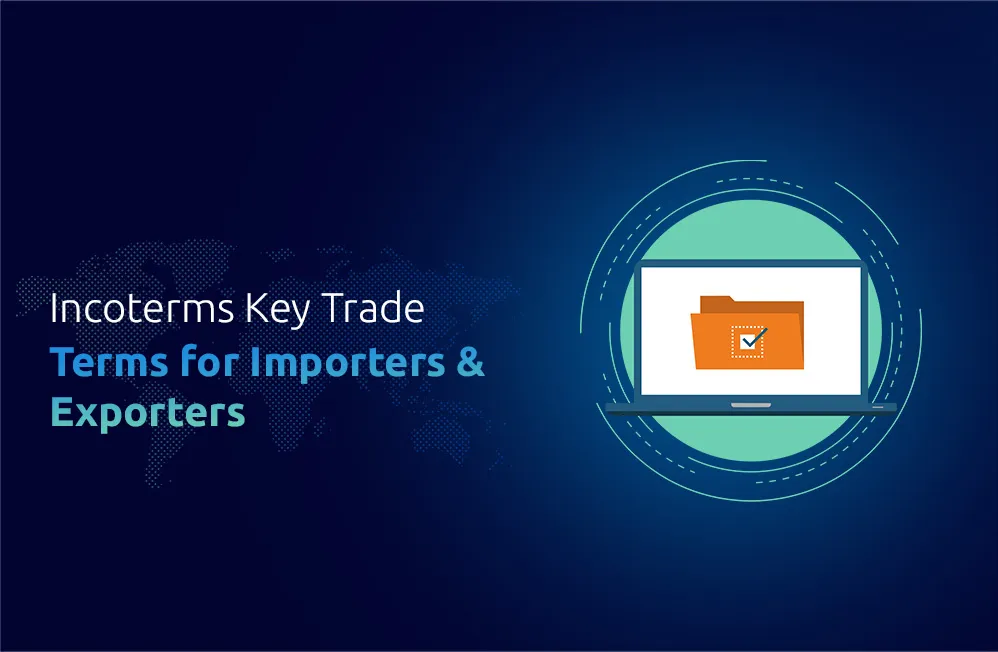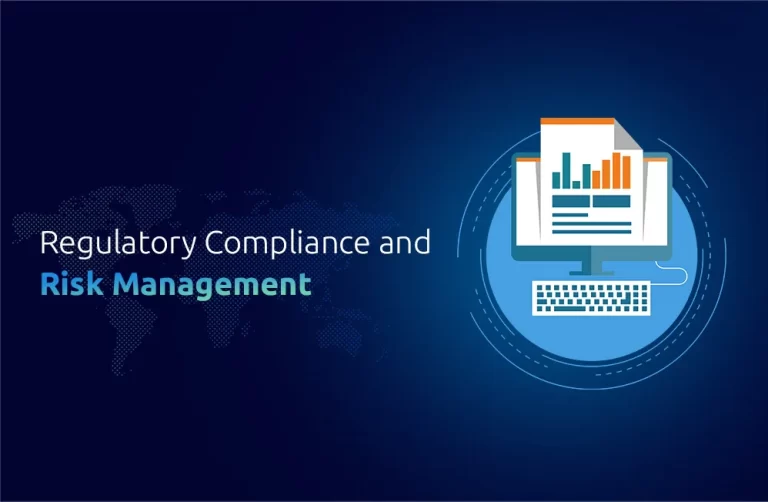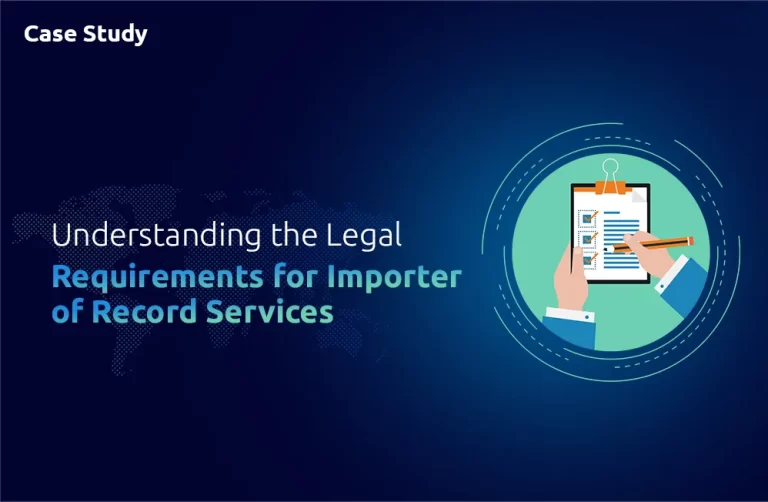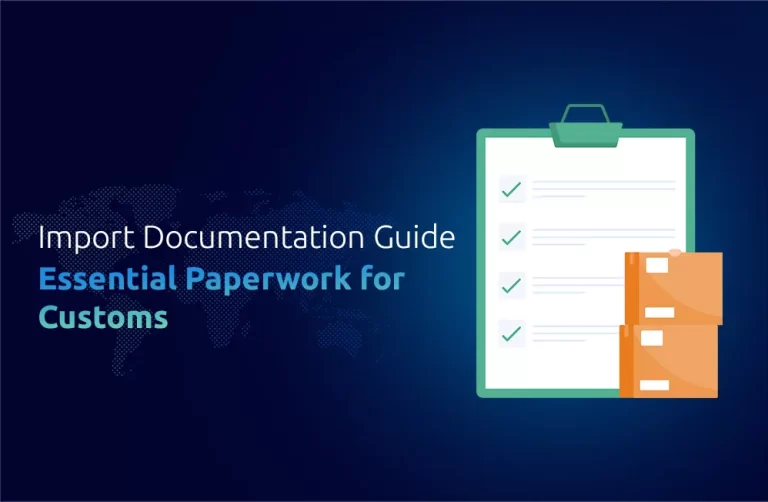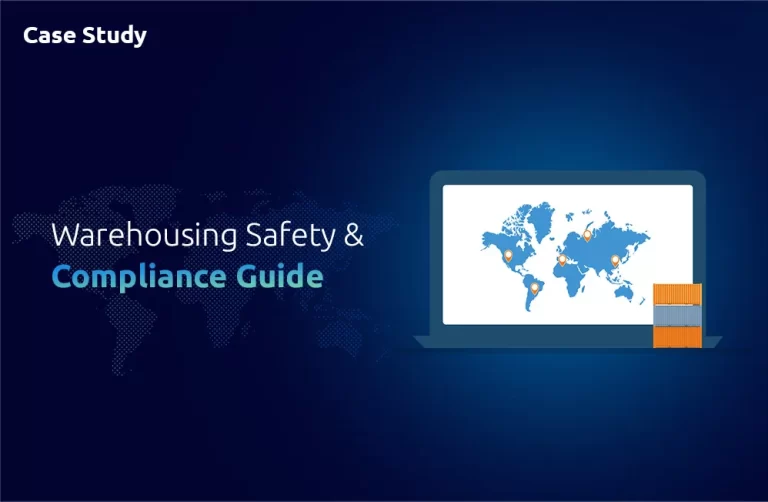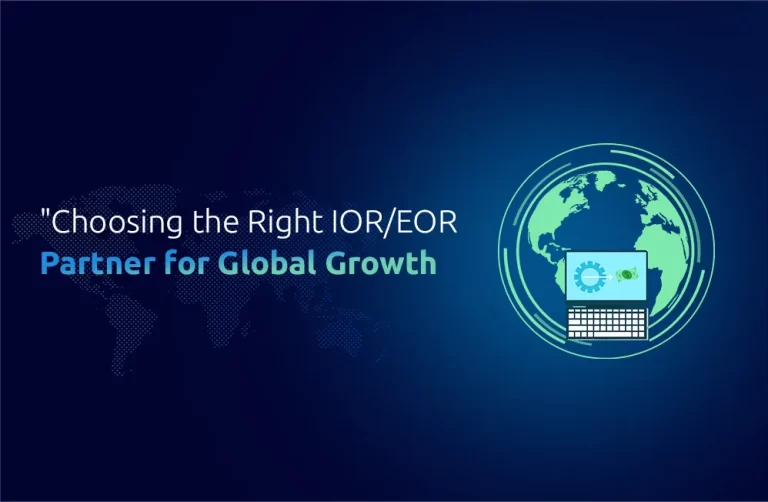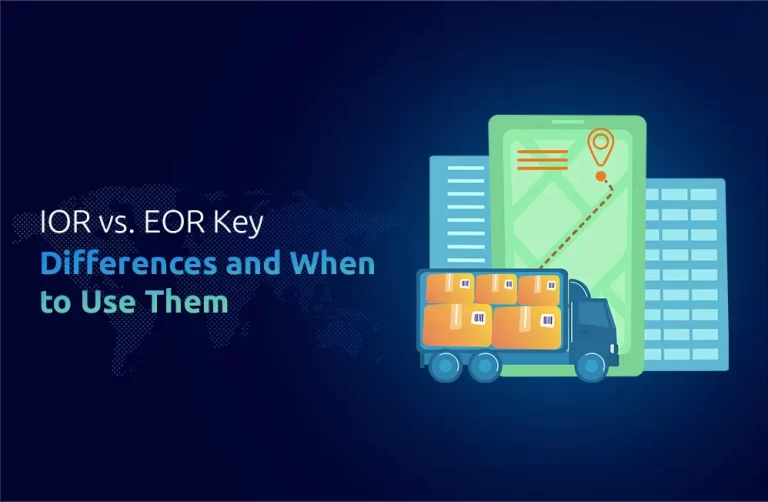Insight
International trade surpasses basic border-level shipment of goods because it requires buyers and sellers to follow Incoterms standards. Importers and exporters must learn Incoterms, which represent the worldwide established trading rules that specify the contractual responsibilities of buying and selling entities. These terms establish vital elements about customs clearance along with shipping duties and delivery locations, as well as payment responsibilities for customs fees. Businesses that understand Incoterms avoid suffering from expensive trade mistakes and delivery problems or international payment disagreements during foreign commerce transactions. As part of standard operating procedures, importers and exporters must follow regulations and master customs rules for tariffs when dealing with domestic or international shipments.
What Are Incoterms in Global Trade?
The International Chamber of Commerce has created Incoterms as standardized trade terms for International Commercial Terms. The delivery approach in worldwide commerce is defined by Incoterms, which establishes roles and financial duties between importers and exporters regarding shipping operations. Customs clearance benefits from the application of appropriate Incoterms. The correct application of Incoterms clarifies responsibilities for import customs clearance and insurance arrangements and cost responsibility for customs duties.
Importance of Incoterms in Customs Clearance
The Incoterms framework directly influences essential elements of customs clearance procedures and shipment conditions; customers who need customs clearance benefit from knowing their responsibilities to speed up their total customs clearance operation. The buyer does not need to contact import customs brokers under Delivered Duty Paid (DDP) because the seller is responsible for managing the clearance and delivery of goods. Free on Board (FOB) explained that the buyer receives product responsibilities when the goods reach loading readiness on the ship. The misuse of Incoterms leads to business disagreements, added expenses, and shipping disruptions when import customs clearance requires attention.
How Incoterms Affect International Trade Operations
In foreign trade, Incoterms help align both parties’ expectations while complying with regulations. They directly impact compliance requirements like:
- Determining who is responsible for paying customs duties and taxes.
- Identifying at which point ownership and risk transfer from the seller to the buyer.
Importers and exporters who understand shipment terms can prepare the necessary documents in advance for customs clearance services and avoid costly errors.
Key Incoterms Every Importer and Exporter Should Know
- Importers and exporters must fully comprehend a specific set of primary Incoterms
- Specific Incoterms apply in international trade operations according to shipping modes and shipment categories. Some commonly used terms include:
- When using EXW (Ex Works) Incoterms, the buyer faces full responsibility and expense control from the initial point when the seller drops the goods. The seller’s responsibility concludes when your goods are ready to be collected by the receiver.
- When FOB (Free on Board) is used, the seller becomes responsible for goods delivery at the shipping point until the buyer takes over at the loading point.
- The seller activates shipping services and obtains insurance coverage up to the destination port, and afterward, the buyer takes charge of customs formalities.
- The seller handles customs clearance procedures through complete delivery to the final recipient under the DDP (Delivered Duty Paid) term.
Each term significantly impacts foreign trade policy compliance, customs tariff calculations, and customs duties meaning within global trade practices.
Why Incoterms Are Critical for Smooth Customs Clearance
When Incoterms are used correctly, customs clearance procedures are performed efficiently. Clear shipment terms and the correct harmonized tariff code in documents allow importers to steer clear of customs clearance delays. The handling of customs clearance follows multiple procedures, but the unclear assignment of customs duty responsibility results in fines, storage costs, and shipment delays. Although a professional import customs broker handles complex situations, all importers can avoid added expenses using Incoterms that match the initial stages.
Impact on Compliance with Regulations
The regulations controlling international trade maintain specific rules in every country. Incoterms offer global standardization of shipment terms because they meet all international trading variations. Import businesses need to grasp customs tariff design and regulatory requirements in their country and the exporting nation. Non-compliance leads to three potential consequences, including legal consequences and goods retention at import customs or shipment rejection.
Choosing the Right Incoterms for Your Business
Selecting the correct Incoterms requires understanding the specific needs of your shipment, whether that involves managing customs clearance complete processes or reducing costs. Factors that influence the choice include:
The type of equipment being transported.
Whether the importer prefers to handle customs clearance in progress or delegate that responsibility to the exporter.
Business operations require import customs brokers and logistics providers to help select appropriate Incoterms that conform to foreign trade policy requirements.
Conclusion
In the dynamic world of global trade, understanding Incoterms is vital for every importer and exporter. Accurate usage ensures smooth customs clearance, efficient shipment terms handling, and compliance with regulations. At One Union Solutions, we support businesses in applying the right Incoterms to ensure their international trade operations run efficiently and securely while delivering exceptional logistics solutions tailored to their equipment shipping needs.
Did You Know,
The U.S. Department of Commerce shows that incorrect Incoterms implementation stands as one of the primary factors behind international trade disagreements in the United States. The utilization of improper shipment terms using Incoterms led to excessive shipping expenses and customs violations which affected 40% of both importers and exporters in their international trade agreements.
FAQs
- What Are Incoterms, & Why Are They Important For Customs Clearance?
Ans: In International trade, incoterms describe the different responsibilities of buyers and sellers. They determine who pays customs duties, who arranges for the shipping, and how customs clearance is conducted.
- What are the implications of Incoterms on regulatory obligations?
Ans: To sum it up, the appropriate Incoterms guarantees compliance with customs tariff requirements, prevents potential penalties, and is responsible for determining the meaning of customs duties within the framework of the shipping agreement.
- What are Incoterms and the Import Customs Broker Role?
Ans: Import customs brokers assist in applying correct Incoterms, ensuring accurate customs clearance complete procedures, and avoiding shipment delays.
- Why is DDP preferred in certain international trade scenarios?
Ans: Delivered Duty Paid allows the buyer to receive goods without handling customs clearance processing, as the seller assumes responsibility for customs duty clearance and delivery.
- What happens if incorrect Incoterms are used in foreign trade?
Ans: An incorrect Incoterm can result in disputes, additional fees associated with customs clearance services, shipment delays, and failure to adhere to regulations.

